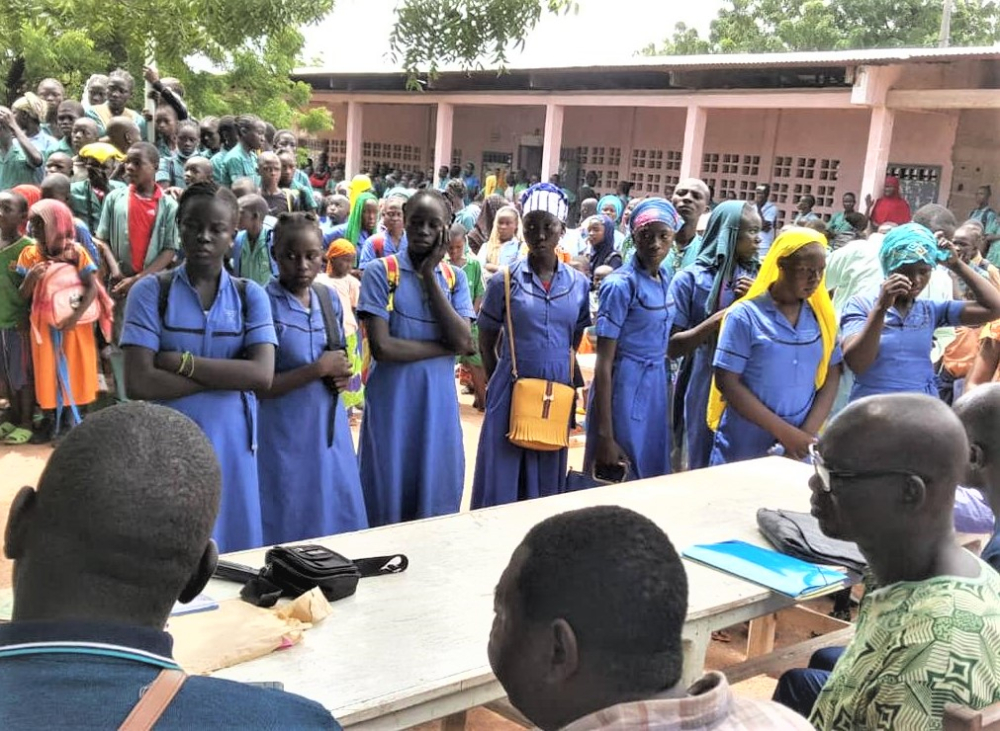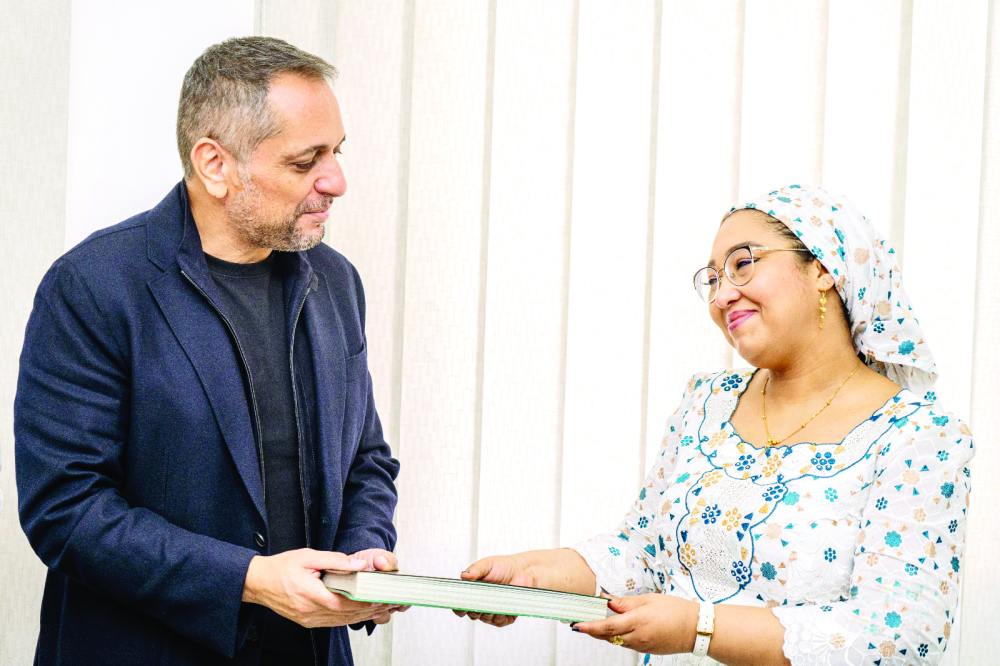“Coronavirus Can Be Prevented”
- Par Brenda
- 10 mars 2020 14:25
- 0 Likes

Professor François-Xavier Mbopi Keou, University Professor of Microbiology/Virology, Department of Laboratory Medicine, Microbiology, Heamatology, Parasitology, Immunology and Infectious Diseases, Faculty of Medicine and Biomedical Sciences, University o
Can people prevent the coronavirus? If yes what advice do you have for individuals to protect themselves against coronavirus?
The coronavirus can be prevented. People should use hand sanitizer very often, especially those which are alcohol-based. Washing hands regularly for 20 seconds at least, is important. Soap work ideally in combination with scrubbing with warm water, but cold water works far better than nothing. There is no need for antibacterial soap since the coronavirus is a virus, not a bacterium. People should always wash very often too, their hand towels. It is equally important to maintain basic respiratory hygiene and safe food practices and avoid close contact, when possible, with anyone showing symptoms of respiratory illness such as coughing and sneezing. People should avoid touching their faces, eyes and nostrils except when the individual is sure his/her hands are clean. Furthermore, disinfecting common surfaces is essential. In fact, the crux of all the focus on hand-washing is that one is likely to get the virus from someone coughing or sneezing directly into his/her face. People are much more likely to catch the virus by touching something that someone else touched after coughing into their hands. This can partly be prevented by disinfecting surfaces.
Should people wear face masks to protect themselves from the infection?
It seems very important to stress the World Health Organisation guidelines at this point. If someone is healthy, he/she only needs to wear a mask if he/she is taking care of a person with suspected 2019-COVID infection. People can wear a mask if they are coughing or sneezing. But individuals should remember that masks are effective only when used in combination with frequent hand-cleaning with alcohol-based hand rub or soap and water.
What does self-isolation mean for people who do not have symptoms?
If you have been exposed to the coronavirus, it may take up to two weeks for symptoms to present. To keep yourself and others safe, you should isolate yourself from other people for 14 days from the time you left or transited through an infected area or were exposed to COVID-19. Therefore, self-isolation- or- self quarantine-means staying a...
Cet article complet est réservé aux abonnés
Déjà abonné ? Identifiez-vous >
Accédez en illimité à Cameroon Tribune Digital à partir de 26250 FCFA
Je M'abonne1 minute suffit pour vous abonner à Cameroon Tribune Digital !
- Votre numéro spécial cameroon-tribune en version numérique
- Des encarts
- Des appels d'offres exclusives
- D'avant-première (accès 24h avant la publication)
- Des éditions consultables sur tous supports (smartphone, tablettes, PC)
















Commentaires